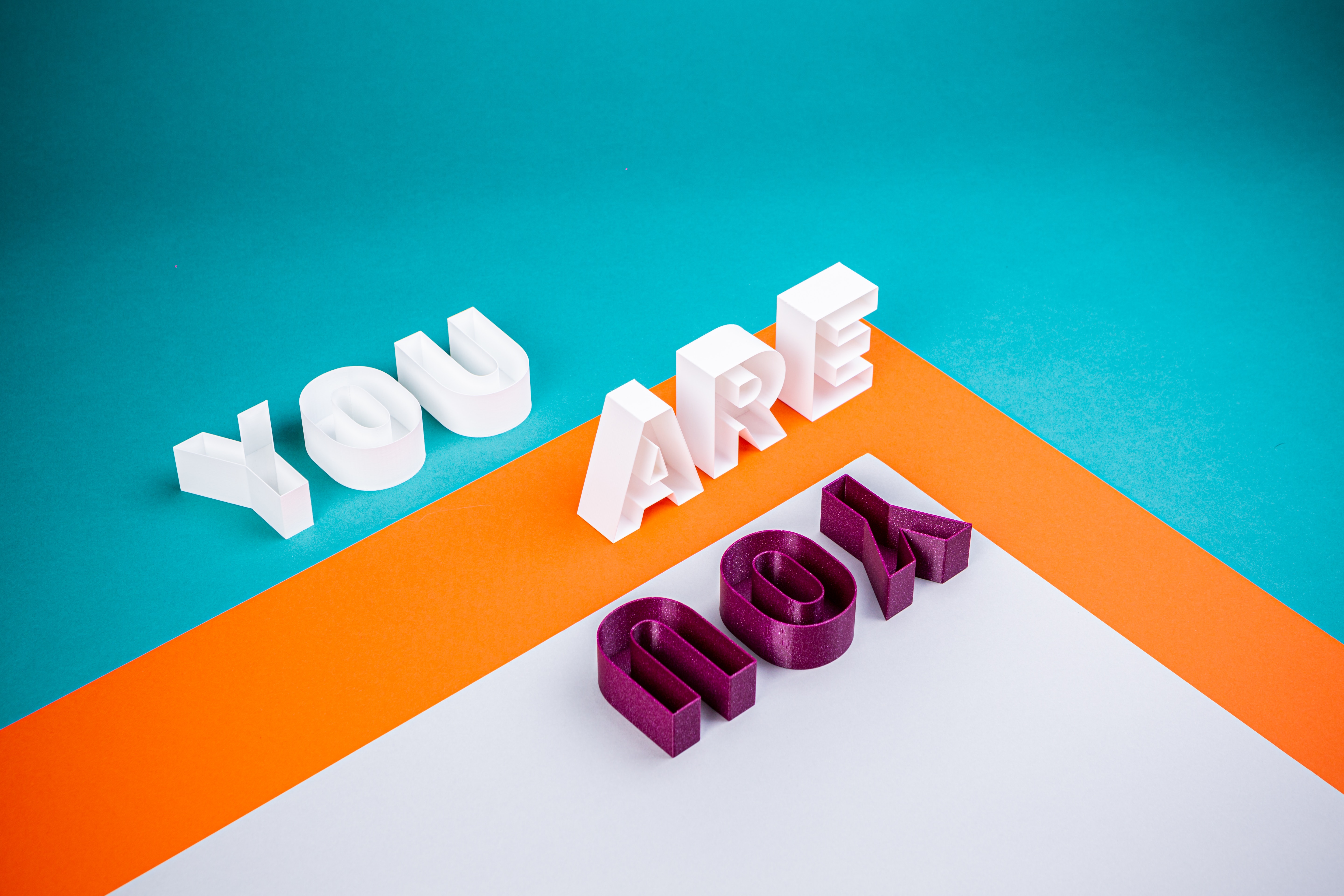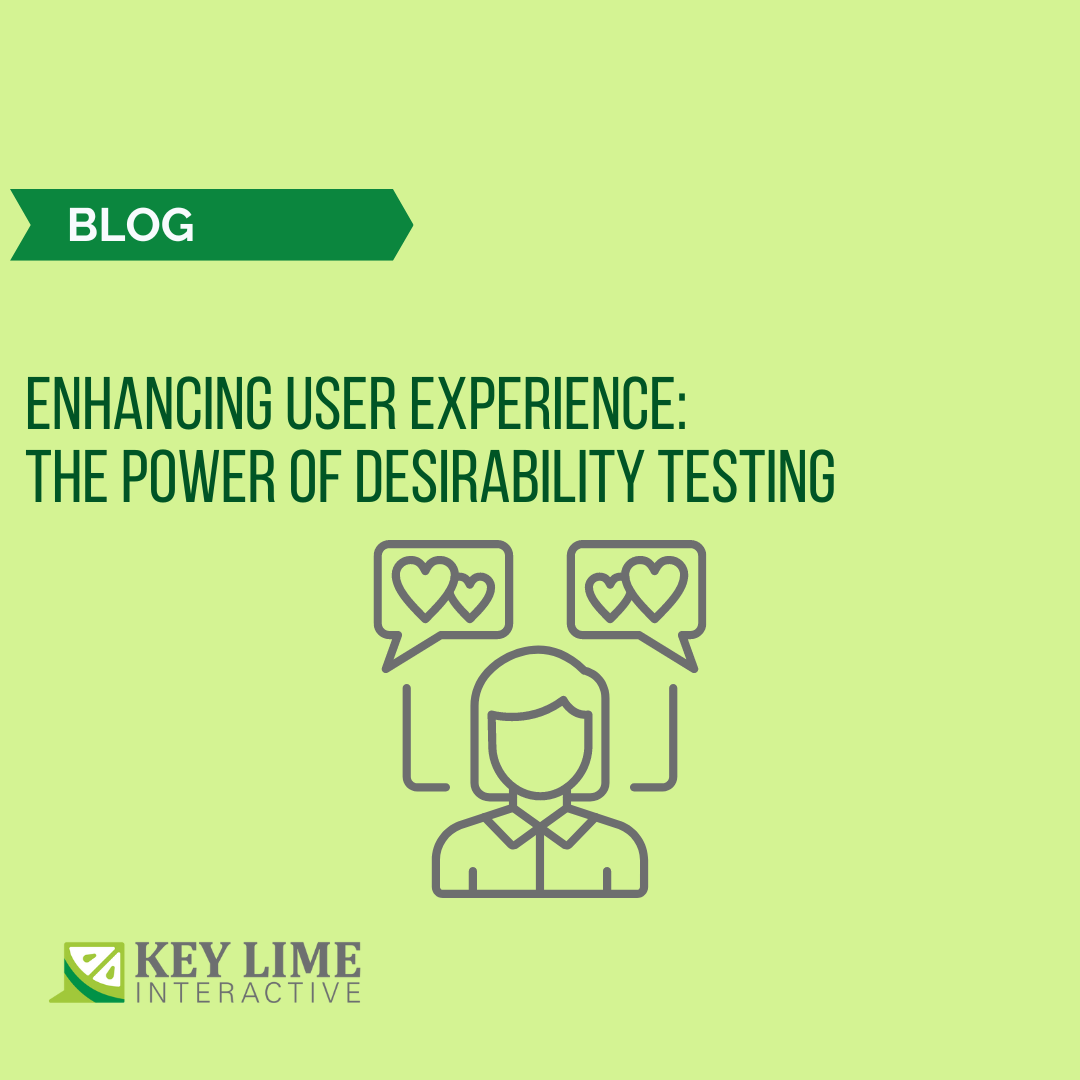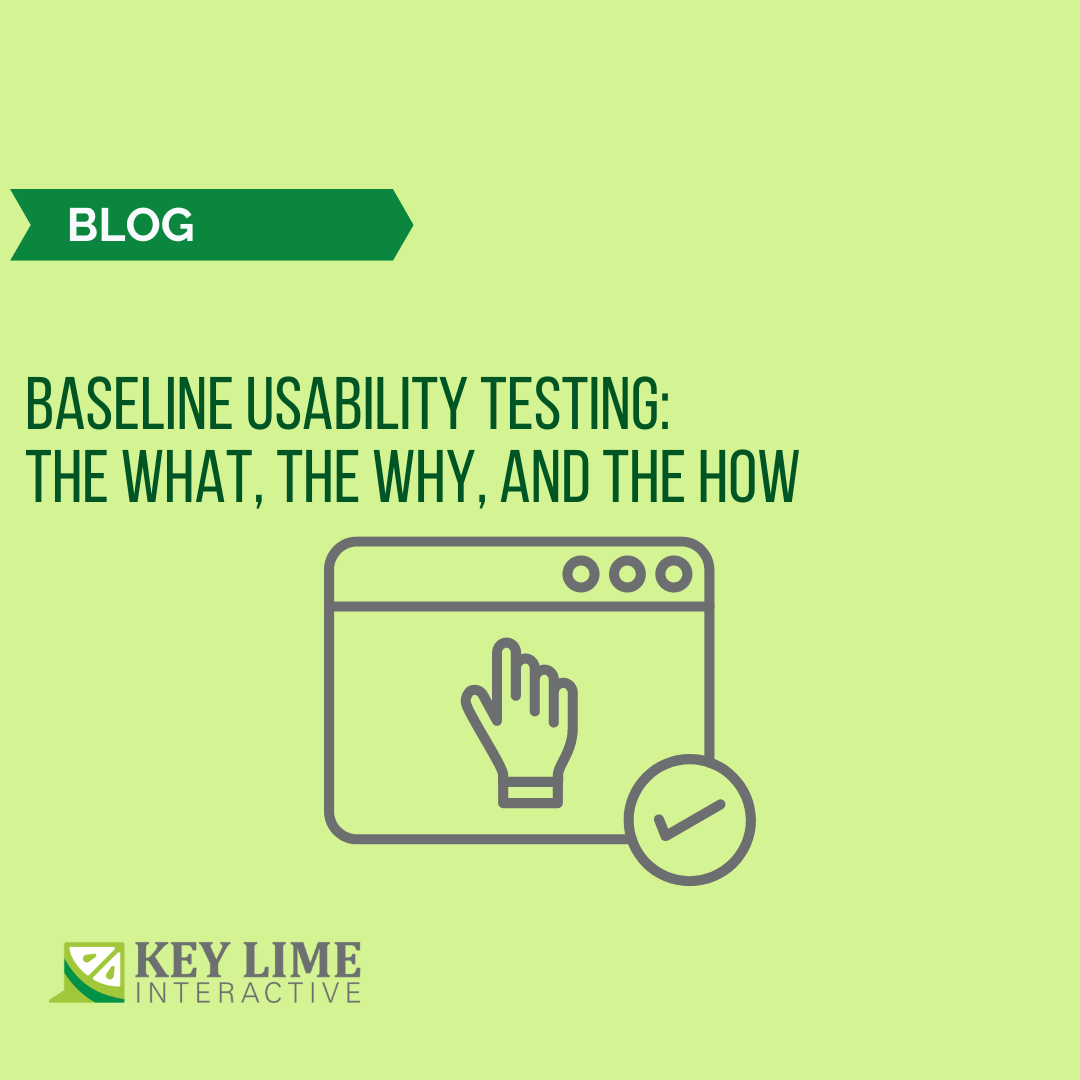
One of the characteristics that I value and believe is important in the professional world as well as my personal life, is being authentic and staying true to yourself. It’s something I try to think about in my day-to-day life with personal relationships as well as conversations with co-workers and clients, and when managing a team. While I think it’s an important characteristic, regardless of the setting, I have not always felt comfortable being my authentic self in the workplace, in fear my previous employers wouldn’t appreciate the real me or my sense of humor. Since becoming a user experience researcher, I have found that this career path fits many skills that I already possess, which allows me to feel comfortable in my own skin and bring out my true self each day. Being an authentic user researcher has been advantageous for me when I think about the research process, and I feel it allows me to get to the root problem in research faster. It also helps to foster better relationships with co-workers, participants, and direct reports, as well as helps me grow professionally in many aspects. In this blog article, I will cover the 5 ways being authentic in research has benefited my career in this field.
According to Merriam-Webster, authenticity means “true to one’s own personality, spirit or character.” Not changing how you behave around specific people or conforming to what you think people want in a personality. It’s easy to put on a “face” for work and be your professional self as long as you’re clocked in for the day, but it’s also exhausting. It’s much more enjoyable to be who you are and drop expectations that you think others have of you.
Here’s how I think of authenticity in my role and how someone may benefit from being their true self in this field.
#1. Be yourself and show your personality.
One way I find that I am able to be myself (while maintaining professionalism) is through moderation of user interviews. I have found that the more real I am, the more the participant feels comfortable with me and will be more open to sharing their true thoughts and opinions. When I start my interviews, I will keep the early parts of the interview informal to hopefully make a connection early on. I will ask where they are from and how they’re feeling to get a sense of their mood or show gratitude that they took the time out of their day to be there. This typically elicits some conversation about their personal life, and I can also share the same.
#2. Be vulnerable.
When kicking off a project, there are typically many, many questions that researchers have. I find myself being most vulnerable in a kickoff meeting when speaking to a client. Because we, as consultants, may not be privy to the background of the study or the problem at hand, it’s important to ask those questions. Sometimes we might feel stupid or that others have a better understanding. In my opinion, it often eliminates the need for follow-up questions and conversations after the call, and the client can trust that we have a good understanding of the project.
#3. Listen.
Have you ever been talking to someone (remotely or in person), and they’re texting or chatting while you’re trying to talk? It’s frustrating and maybe one of my biggest pet peeves because I don’t feel like I’m connecting with that person. We live in a world where several things are constantly fighting for our attention. As a User Experience Researcher, I try to be present with all interactions and engage when appropriate, whether that’s a conversation with direct reports or when moderating sessions. It shows that you value someone else’s time and that they’re important. It’s sometimes difficult to do in a remote setting, but I challenge myself to close out of other applications and focus on the person or project at hand.
#4. Give as well as ask for and embrace feedback.
One of the hardest things I have experienced as a manager is giving feedback to peers and direct reports. I have found that it needs to be timely and honest, but it’s not always an easy conversation. It is hard to tell someone where they are lacking. I have found that being really specific, providing examples, and giving concrete suggestions on how to improve makes the conversation a little smoother. It’s really exciting to see someone use the feedback you gave them and make changes! Being open to feedback is important too. I try to ask for feedback on projects, management style, etc., to open the door to others and show it’s a two-way street.
#5. Do what you say you’re going to do (and communicate when you can’t meet the deadline).
Setting deadlines and time management are common skills among most UXRs. When working with clients, it is crucial to be very clear on deliverables, timelines, and expectations from the start. Many times, things get off track, change in scope, or become delayed for a number of reasons. When these things happen, it’s important to let the client know early and often and to come up with plan B. Most times, I have found when you communicate with the client, they understand, and things can be shifted or changed. It builds a trusting relationship, and the client trusts that if something like that happens again, they will be kept in the loop.
I have found being authentic in these ways makes work more enjoyable and less taxing. It makes relationships with co-workers stronger and more real. It helps level-set expectations and provides a sense that we’re all in this together. It also empowers others to be themselves. I love problem-solving with others and chatting through challenging problems; the only way to do that is to be authentic. Give it a try, just be yourself, and don’t worry about putting your “professional hat” on when you start your workday.
At Key Lime Interactive, we encourage others to bring their true selves to work each day. If you have UX/CX research needs and would like to work with a team of experts who are passionate and authentic, contact us.









Comments
Add Comment